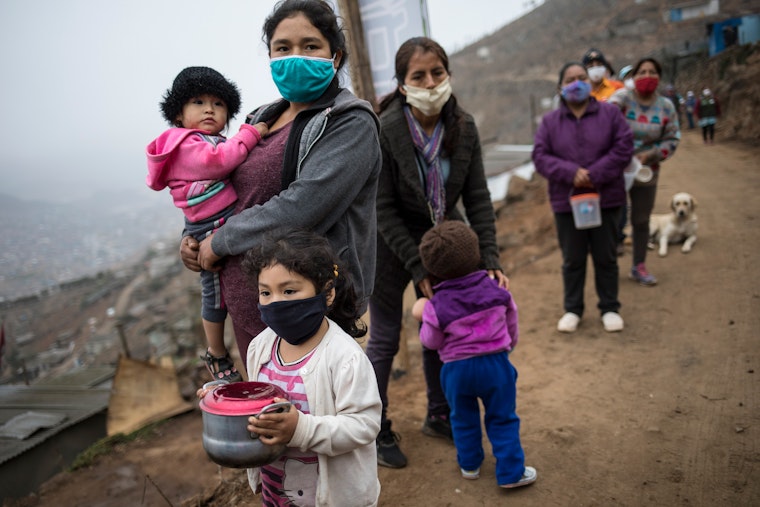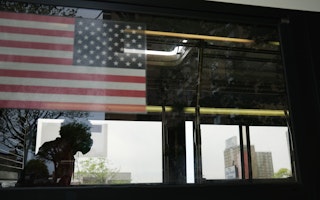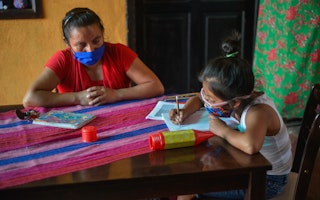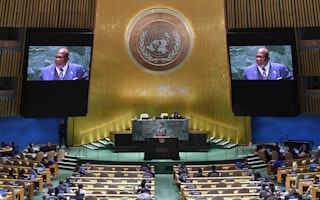How to Ensure a Truly Global Recovery
By Joseph Stiglitz

The pandemic has brought the inequities in our society into sharp relief, with the poorest among us disproportionately affected by the disease and its economic aftermath. Those same impacts have been felt around the world, and the K-shaped recovery—in which the well-off who suffered the least are doing the best—is likely to occur globally as well as domestically.
President Biden forcefully argued that the United States needs a large rescue package, which, together with measures passed last spring and December, total some 25 percent of gross domestic product, or about $17,000 a person. Developing countries and emerging markets, however, don’t have anywhere near the resources to do something that big. Indeed, they have spent just $17 a person, or one one-thousandth as much.
The Institute for New Economic Thinking’s Commission on Global Economic Transformation (of which I am co-chair) has just issued a report on what needs to be done to ensure a quick global recovery, both from the pandemic as well as from its economic aftermath. It outlines what the advanced countries can and should do to help poorer countries. Because the world won’t recover fully until the disease is contained everywhere and economies around the world get back up to speed, it’s in the best interest of advanced countries to see that this happens.
The first order of business is to make sure that vaccines, medicines, tests, and protective gear are universally available. Unequal access to these items is even greater and more costly than the inequities in fiscal responses. The United States and other advanced countries must support the suspension of intellectual property rights related to COVID-19 and/or the pooling of such rights, which means they will have to overcome the short-sighted resistance of vested corporate interests.
To give fiscal room to suffering countries, the International Monetary Fund must act quickly to approve a large issuance of Special Drawing Rights, the global “money” it can provide. Now that U.S. Treasury Secretary Janet Yellen has expressed her support, the fund should issue close to the maximum allowed—some $650 billion—without requiring Congress and other countries’ legislatures to approve it. The advanced countries that don’t need their share of Special Drawing Rights should transfer them to countries that desperately need funds.
But just issuing Special Drawing Rights will not be enough, especially for the numerous countries facing large debt payments. Nor will the debt stays—the temporary suspension of payments servicing the debt—suffice. For some countries, at least, there will have to be a comprehensive debt restructuring, one that doesn’t fall into the usual trap of providing inadequate funding too late in the game. That only delays the crisis for another few years.
A key problem is that private creditors have been reluctant to participate. The report identifies concrete measures the United States and other creditor jurisdictions can take to encourage private-sector participation—pointing out that some current provisions, such as the 9 percent prejudgment interest in New York State, which governs much of the outstanding debt, actually incentivizes the private sector to drag its feet.
The pandemic has exposed a number of deficiencies in global trade, investment, intellectual property rights, and financial architecture that the Commission will address more fully in a later report. This interim report highlights the actions that urgently need to be taken now to ensure a quick global recovery from COVID-19 and the pandemic downturn.
Joseph Stiglitz is the recipient of the Nobel Memorial Prize in Economic Science and a professor of economics at Columbia University.


